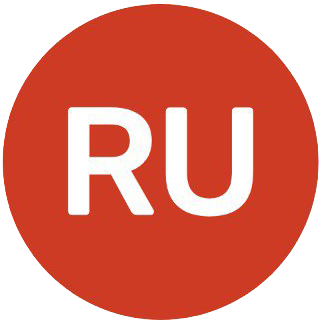BRICS Civil Forum will take place on
July 3–4, 2024 in Moscow. It will bring together 200 representatives from civil society across all BRICS countries.
July 3–4, 2024 in Moscow. It will bring together 200 representatives from civil society across all BRICS countries.
BRICS
CIVIL FORUM
- The BRICS Civil Forum serves as a platform for discussion and presentation, enabling civil society members from BRICS nations and invited global majority countries to deliberate on citizen-proposed priorities for the BRICS agenda and showcase civil initiatives aligned with these priorities.
Goal of the Forum
The primary goal of the Forum is to draft an Address titled "Right for Development: Equality, Equity and Justice" for the upcoming Summit of the Future held under the auspices of the UN General Assembly as well as to present Policy Recommendations drafted by civil society members to the leaders of BRICS countries in line with the official agenda of the Russian BRICS Chairship.
Key Forum's objectives
- 1. Discuss concerns and establish a unified stance among BRICS civil society members regarding achieving inclusive, indivisible, and equitable SDGs
- 2. Foster international cooperation and promote social and cultural exchange between BRICS nations
- 3. Unite BRICS civil society efforts in advocating for the right of peoples to development
- 4. Utilize existing UN mechanisms and ensure that the civil society structure (ECOSOC status) has a voice in influencing the policies of UN executive agencies at the national level
- 5. Facilitate constructive dialogue between civil society organizations, academia, businesses, and governments during BRICS events
- 6. Develop a unified stance among civil society members in BRICS countries on collectively taking measures to safeguard peoples' rights to development and subsequently present this stance to BRICS country leaders
- 7. Support the development of national NGOs that operate in the interests of their respective countries. Facilitate collaboration among BRICS national NGOs and expedit their mutual cooperation for achieving shared objectives on a global scale and fostering sustainable intersocietal associations
- 8. Promote intersocietal dialogue globally to ensure transparency in the use of digital technologies and adoption of universal regulations for the IT industry, based on the principles of fundamental human rights
- In anticipation of the Civil Forum, nine working groups have been established to formulate proposals for the leaders of the BRICS nations.

Equitable Development
Goals

New
Technologies
Ethics

Sovereign Economic and Financial Development

Education and Human Development

Cyber Security and Digital Development

Public Health and Human Well-being

Culture, Sports and Tourism

Environment, Energy Transition, Social Fairness

Vision 2050: Values and Rights of Nations
- Each working group will be co-led by a representative from Russia and a representative from one of the BRICS countries. The co-chairs are tasked with coordinating discussions on draft stance papers within their respective countries and fostering cross-border dialogues. They will also serve as official representatives of the working groups at various BRICS events, both domestically and internationally. Other members can join the working groups through self-nomination and co-option by existing members.
- An international drafting committee will be established to craft the Addresses. This committee will comprise representatives from all BRICS nations delegated by non-governmental organizations in their respective countries.

